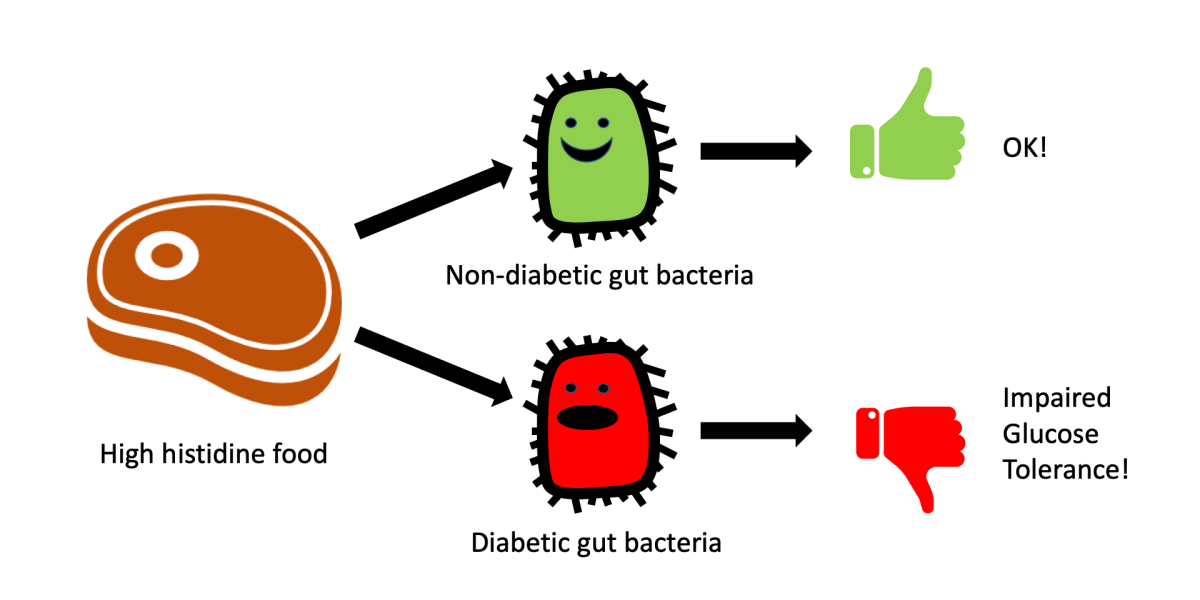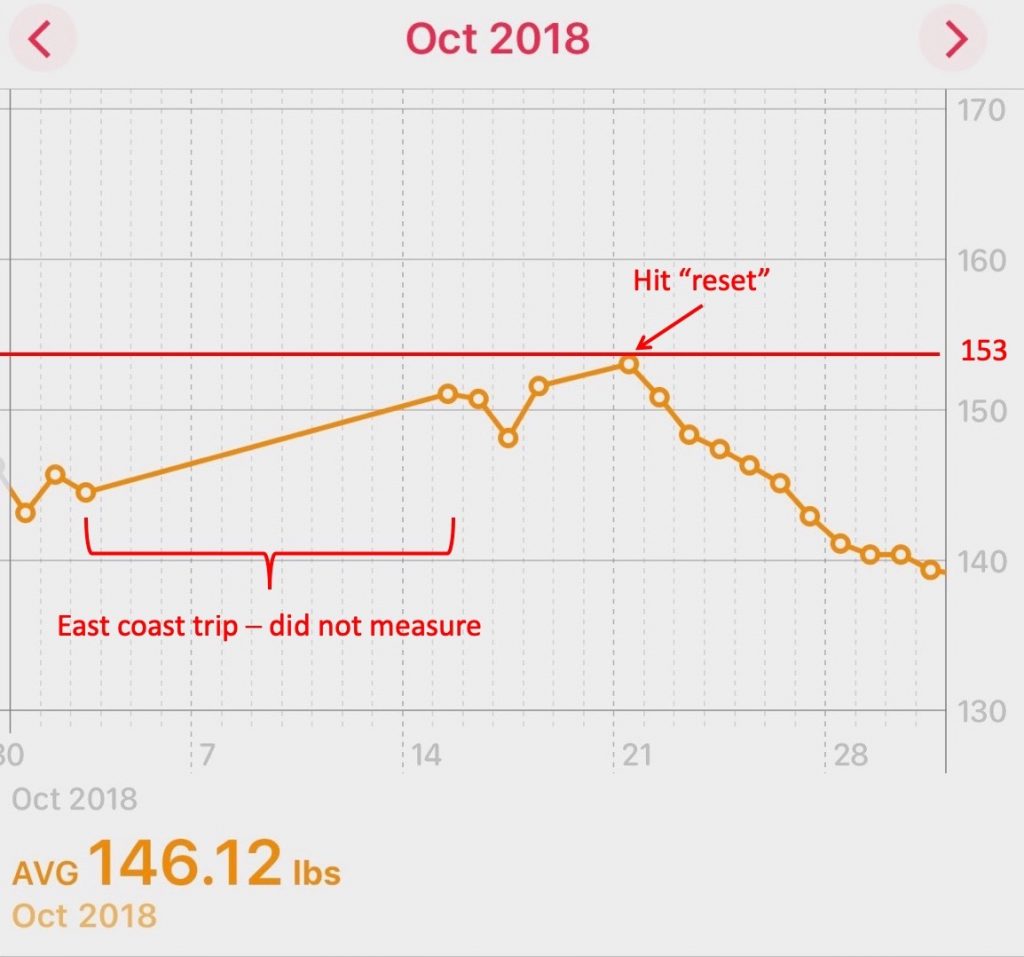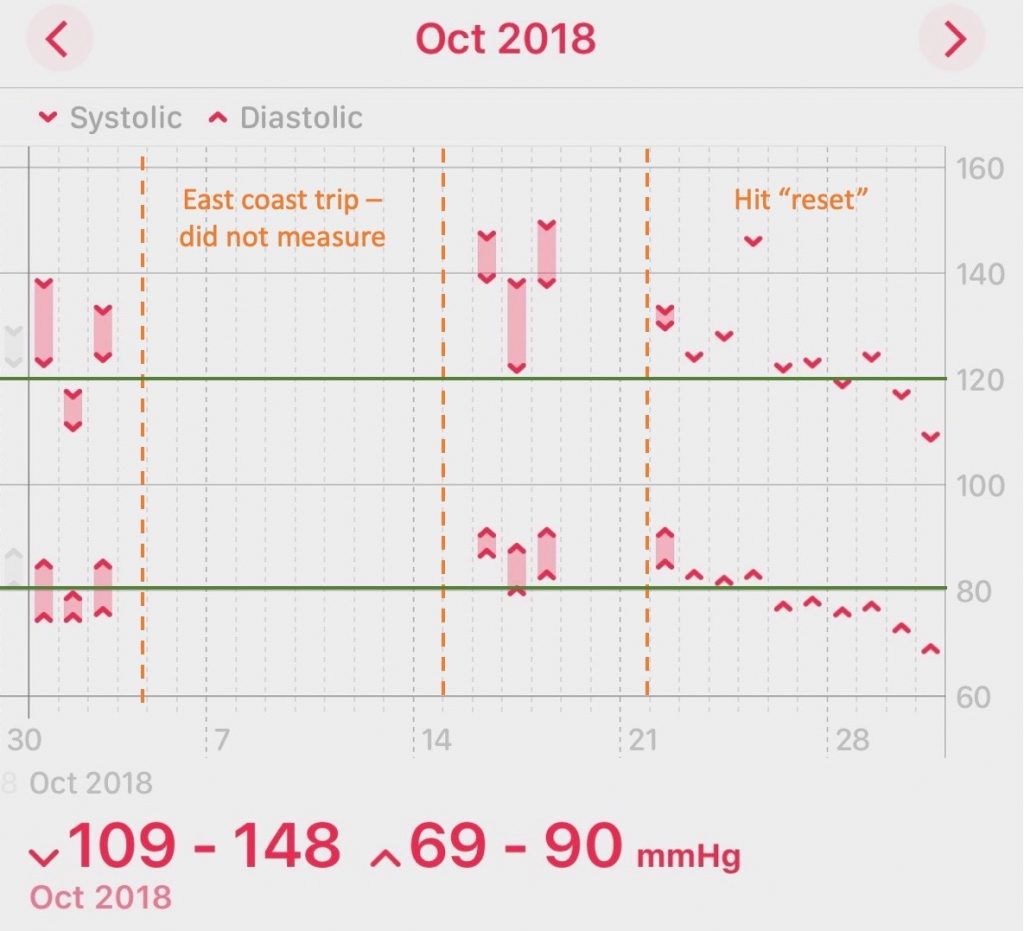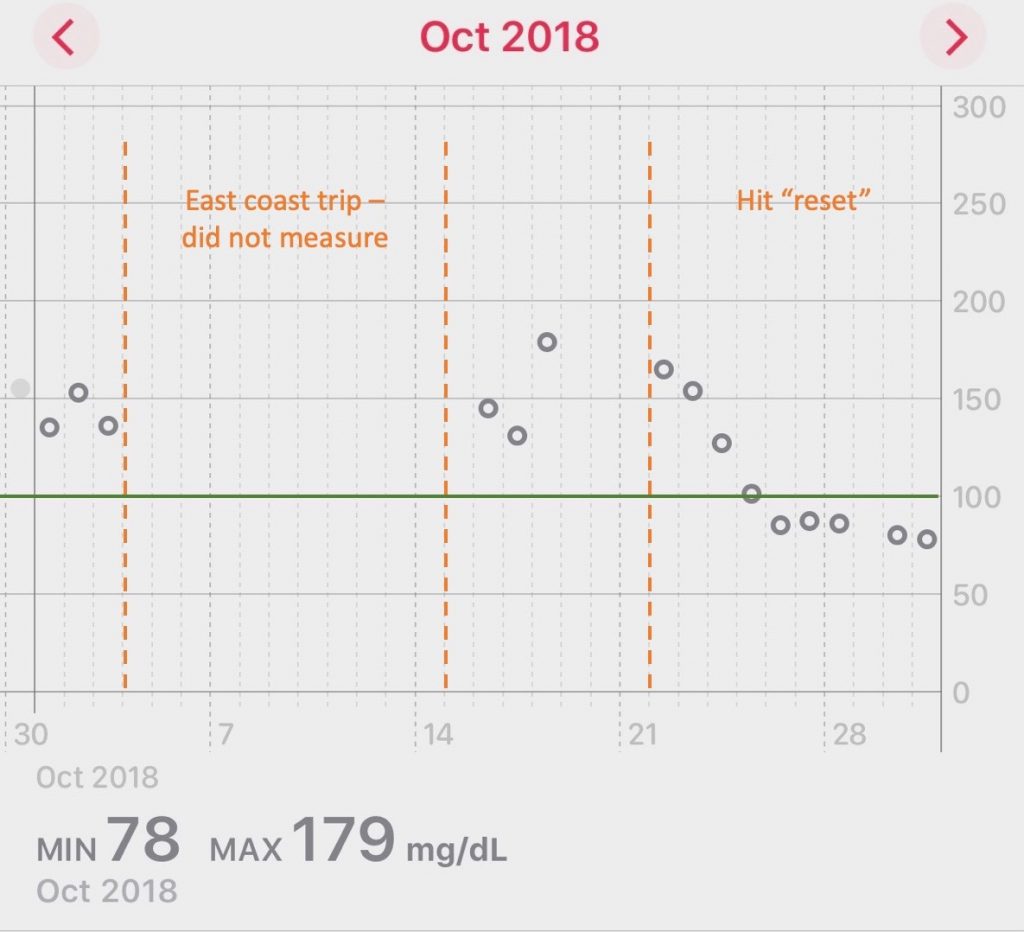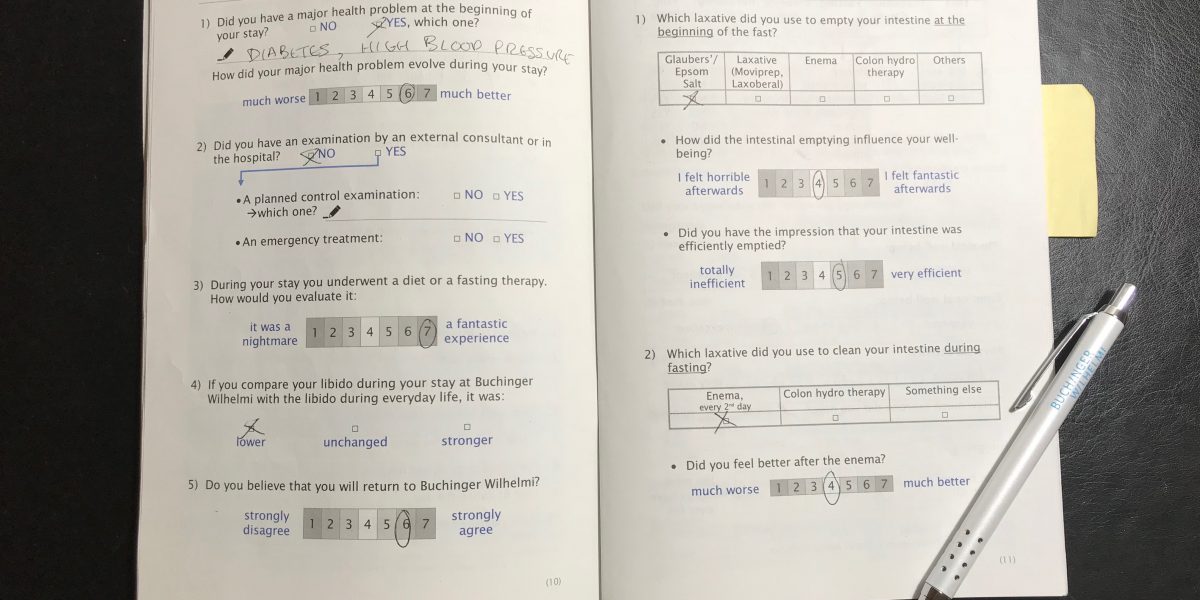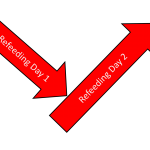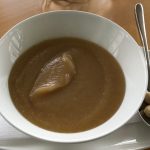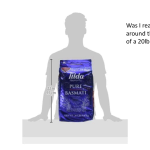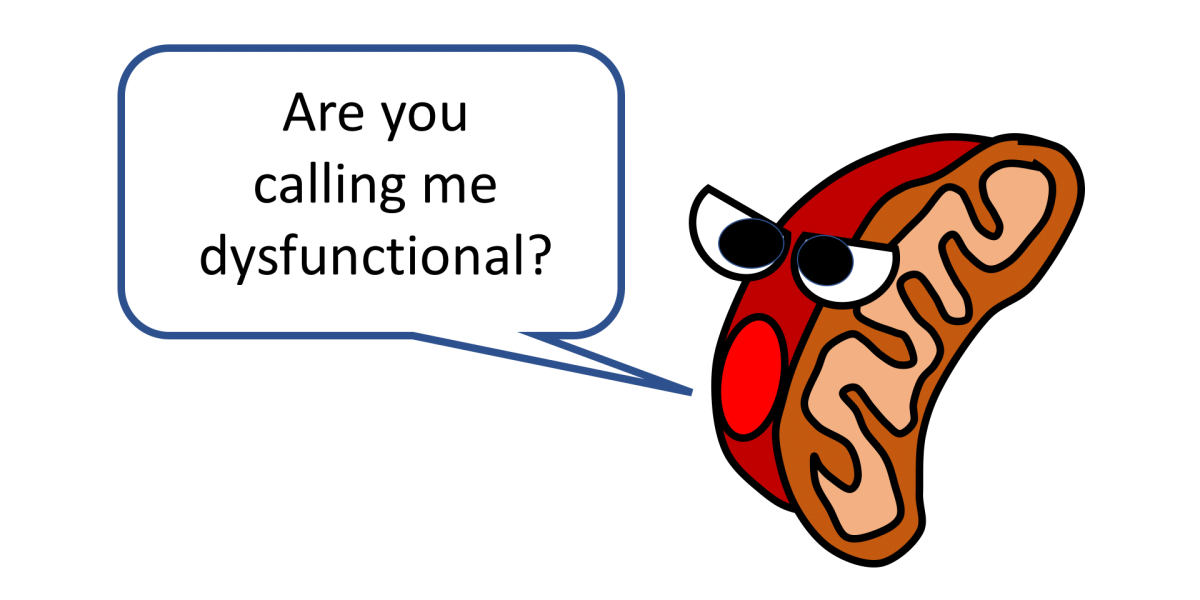The old advice to “feed a cold, starve a fever” is a controversial one. Given the controversy, I wanted to explore some of the differing opinions — the history, the conventional Western medicine view, and what the latest science suggests.
The Historical View
The old wives’ tale came from the belief that eating caused the body to “heat up” to mitigate the effects of a cold, and that fasting could help the body “cool down.” On the surface, this hypothesis sounds logical, as eating does start digestion which does increase metabolism and generate heat. Chemically, the process of digestion breaks chemical bonds, causing the release of heat.
That said, the body is a complex system, and more modern views dig a bit deeper.
Conventional Western Medicine
Western medicine has largely rejected traditional wisdom and dispensed the advice that eating through illness is always better. A WebMD article jokes about the following:
Starve a Cold, Feed a Fever? If you’re not quite sure how this saying goes, you can relax: Starving is never the correct answer.
This rationale of the article is that many nutrients help fight infection, such as antioxidants, including beta carotene, vitamin C, and vitamin E, bioflavonoids, glutathione, and phytochemicals.
A Scientific American article concurs:
But recent medical science says the old saw is wrong. It should be “feed a cold, feed a fever.”
The article also notes some additional points:
- Supplements are “dubious at best.” Studies show little or no benefit of taking vitamin C, zinc, or echinacea supplements alone in fighting illness.
- “Even more crucial is drinking.” The article points to the importance of fluids over food itself. Just make sure to avoid caffeine and alcohol!
The Latest Science: It Depends
A recent study by Yale researchers also shows the right answer may be even more nuanced. Published in the September 2016 issue of Cell, the paper titled “Opposing Effects of Fasting Metabolism on Tissue Tolerance in Bacterial and Viral Inflammation” suggests that the advice of feeding versus fasting depends on whether the illness is viral or bacterial.

As suggested by the diagram above, further research showed that different areas of the brain were affected depending on the type of infection, and the body’s metabolic needs differed based on which part of the immune system was activated.
The researchers published a nice explainer video on YouTube.
What does this mean for us practically? It’s not so simple. Many diseases are both viral and bacterial. So, the advice of the researchers is for us to listen to our bodies. If we feel hungry or don’t feel like eating when sick, it may be our bodies’ way of telling us how to fight the infection appropriately!

